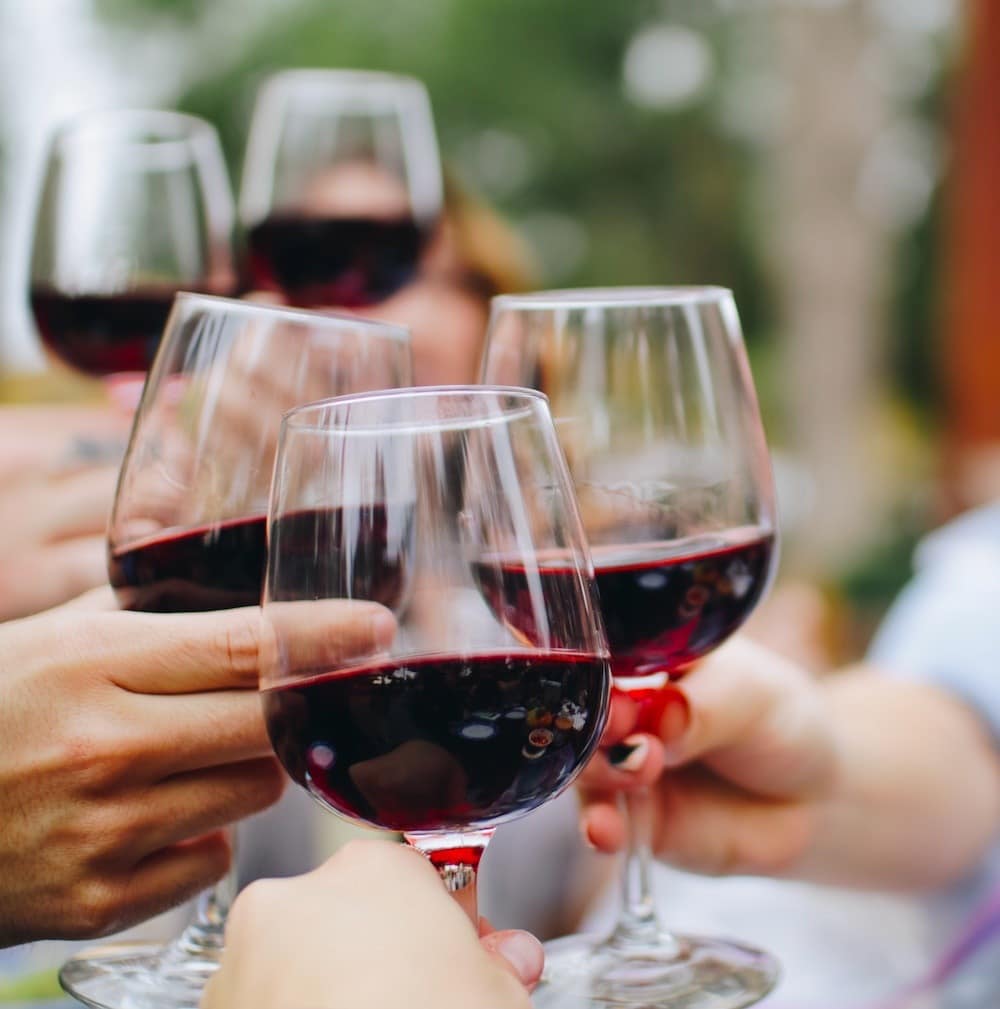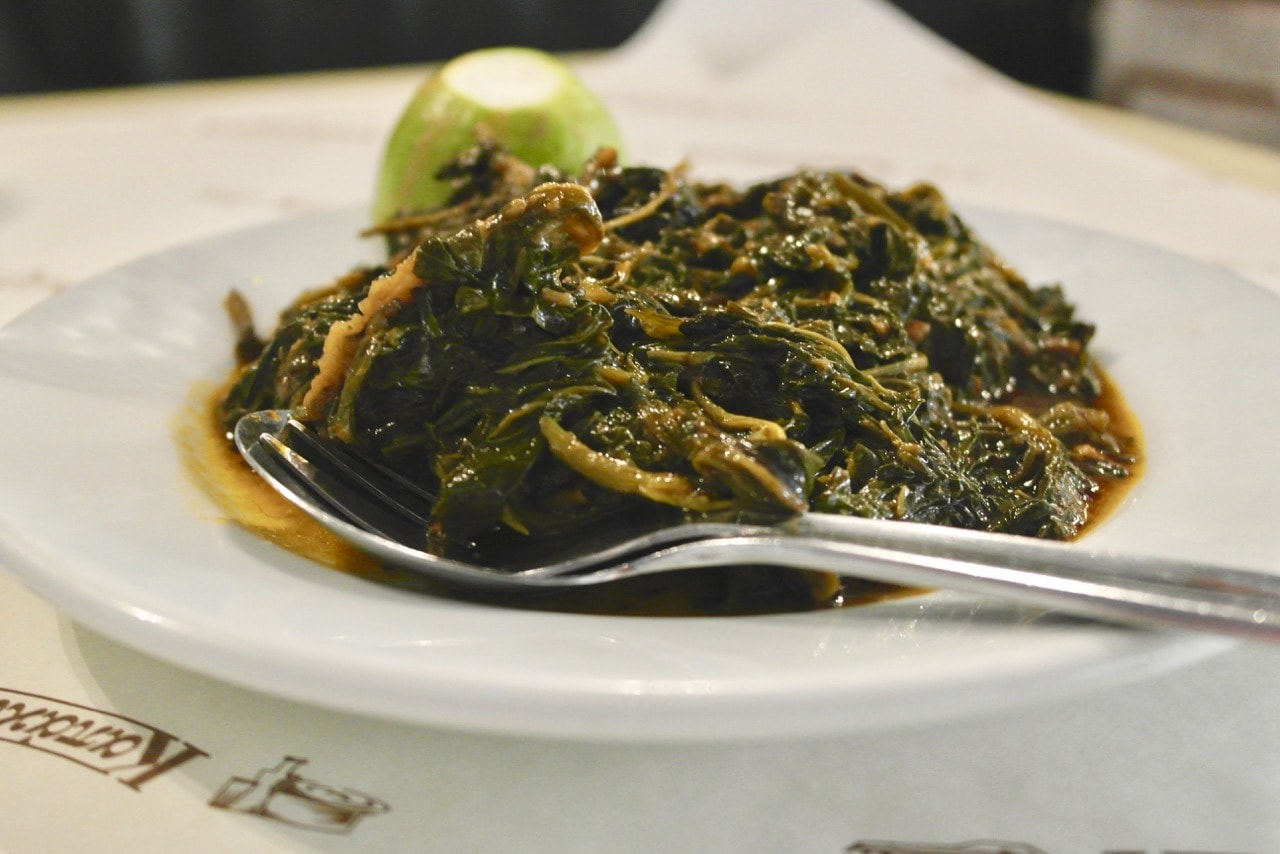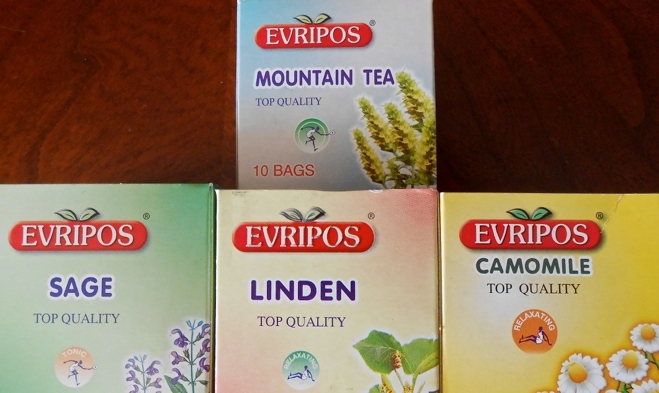Live Longer with the Greek Lifestyle: Eat Plants and Drink Wine

In a previous post I had discussed about how certain aspects of the Greek lifestyle can help you live longer in relation to a recent article in the New York Times about the people of the Greek island of Ikaria who are among the longest living people in the world. Continuing on this concept, it is known that among the many lifestyle factors is the diet. The “Ikarian” diet is actually the Greek diet 50 years ago. I have analyzed most aspects of this diet on this blog, it’s the diet I followed growing up (thanks to my mother), the diet my grandparents followed, and the diet of most Greeks before 1970. So here are some aspects of the diet I remember experiencing (and still do).
More Vegetables
I remember just eating vegetables as a main dish. Vegetables such as green beans, peas, eggplant, artichoke, and okra are cooked in olive oil, tomato and herbs and accompanied with bread and feta cheese. One of my favorite foods at some point was okra. What kid likes okra? I did! It has to do with the way it was prepared, slow cooked or roasted with plenty of tomato that made it really delicious.
In the Ikarian study by Greek researchers from the University of Athens, it was noted that vegetable consumption is much higher than recommended. In fact Greeks still have the highest consumption of vegetables in the world. And it’s true, a medium plate of cooked vegetables corresponds to about 4 servings. And let’s not forget the religious fasting. For over 180 days a year people like my grandparents would not eat animal products but only vegetables or legumes or grains everyday. Now, this doesn’t mean that they always enjoyed this way of eating. For example my grandfather (the one that lived till 103) Pappous Dinos-as we called him, loved to eat goat and drink goat milk and he wasn’t very religious either, but my grandmother was, so he would be an accidental vegetarian during the fasting periods. And since were talking about goat, these wild goats fed on wild greens, and when you look at the nutrition information for goat and goat milk, they are actually good sources of omega-3 fatty acids.

Wild Plants
Again it was noted that Ikarians eat horta. Horta are basically greens and usually wild greens. They are cooked and served with olive oil or in salads and may be accompanied with feta and bread. And like many Greek-somethings, yes my mother and grandmother used to pick the dandelions also known as weeds to everybody else from our backyard and boil them and eat them. Horta are also used in pites: savory pies made with phyllo. I remember my grandmother making our favorite pita filled with wild greens and with her own homemade phyllo made with olive oil. This was not your typical spanakopita, this was something else! She would pack it for us when we went on long trips and it really was a meal in itself. There are many varieties of horta, in Crete there are over 150 different types. Horta have very few calories, are rich in antioxidants and a source of omega-3 fatty acids.

Herbal Drinks
The Ikarians drink many herbal beverages and a special mountain tea is mentioned. This is basically a herbal tea with several varieties growing mainly in the Mediterranean. However, Greeks usually drink it as a warm beverage. I remember having (I still drink it like this) in the winter with rusks, cheese and olives and of course whenever I have a cold. Studies have shown that it is rich in antioxidants. But we Greeks drink other herbal teas as well such as sage (faskomilo), linden (tilio) and even oregano and of course chamomile. Unfortunately younger generations are now into green tea as soft drink companies heavily promote it as a weight loss aid. And while green tea has been shown to have numerous benefits, so do these herbal teas, and it is unfortunate that the younger Greeks are rejecting these local herbs with all their benefits.
Alcohol
So it was noted that Ikarians drank 2-3 glasses of wine daily. I know many people who would consider that alcoholism, particularly in the Western disorder-obsessed society. I remember all my grandparents having a glass of wine with lunch and dinner, everyday. We grew up having a healthy relationship with alcohol. It wasn’t locked up in a cabinet, nor were we given the impression that it was something undesirable.
When I lived in Greece for a few years as a teenager, I remember having my first drink when I was 15, like most Greek teenagers. In fact all our class high school dances took place in clubs and your ticket/invitation included a free drink. Our parents knew this, it was no secret. And that’s what we usually drank: 1 drink. Things were very different and alcohol was not something prohibited but just part of life. Obviously wine with it’s protective antioxidants is the ideal drink.
Now why are Ikarians still having a high adherence to the traditional Mediterranean diet? Well we have to remember that Ikaria was and still is, a relatively isolated island, which means it is not so accessible to junk food and processed food as other areas of Greece. And the Ikarians lived on what the island produced; this was the case with the island of Crete long ago. We also have to understand that these studies are conducted on individuals older than 80 years old; it is most likely that the younger generations are not eating this way. The good news is that we can all incorporate these habits to our diet, you don’t have to live on an isolated island. And I am proof of that: my mother managed to raise us on a Greek diet thousands miles away from Greece.
Photo by Kelsey Knight on Unsplash

What is the typical amount of bread eaten daily?
Hi Elena,
I feel compelled to thank you for this week’s postings. I’m consistently inspired by your stories and recipes. This way of eating suits me to perfection! Thank you.
Hi Elena,
Do you eat purslane, and if so, how do the Greeks eat it? I am curious as I have lots of it in my backyard. Thank you.
Wonderful! Yes we eat it in salads, you can add to a Greek salad as well. Also lightly sautéed with some onion and tomato.
I agree, that’s the best way to eat and the best lifestyle to have! Food is fuel of life, and our lives revolve around it. I do have a question regarding the wine your folks were drinking….it wasn’t the same filthy sulfite-loaded wine that we have here in the West, was it now? I believe your folks would’ve been drinking “blue zone” wine. That wine supports your health and doesn’t destroy it unlike the conventional wine does. Every person I know, every person, is misguided by that concept that to live longer they just need to have a glass of wine at the end of the meal. But, it’s not the wine that does the trick, it’s the kind/ type of wine that makes that difference. I’d like to know what ur thoughts are on this.
Hi Elena,
Would you tell me the 3 Ingredients Of Famous Ikaria Secret Drink?
Thanks
Greek sage, rosemary and dandelion
My life to a tee. It is all true and i have been eating like this since i was a kid. My parents are in tye 80’s., my grandparents made it to 96-101 and my great grand parents as much as 112, My great grand father fell out of an orange tree, broke his leg, did not want to go to the hospitol and died at 112 of gangreen.
In america growing up we where tuaght that olive oil and wine where bad for you, thank god i did not listen, just a little embarassed when my mom and aunts would pick weeds on the side of the road, lol. Great story you wrote, i really injoyed it.
Thank you Tony! Thanks for sharing!
Lovely! Thank your parents for keeping so much to their traditional diet. Many Greeks, Italians, people from le Midi in France, from the Balkans, from the Levant and the relevant parts of Turkey, and from North Africa have adapted to less healthy versions of their traditional diets, not only in North America, but in South America, more northerly Europe and elsewhere.
(I didn’t mention Egypt as not all of its foodways were Mediterranean, though they were near the sea).
Just wanted to say thanks for the information and recipes. Yum!
Thank you Lisa!
Re wine and alcohol: I rememeber a 108-year old lady being interviewed about, you guessed it, the secret to her longevity. Here it is: ‘a glass in the morning, a glass at lunchtime and two glasses at dinner, lots of vegetables, and mountain air”. (ένα ποτηράκι το πρωί, ένα το μεσημέρι και δυό το βράδυ, μπόλικα χόρτα και αέρας του βουνού). That last one is the toughie.
Thanks for sharing Ioanna!
Wow! This is so inspiring… I’ve heard that sourdough is common there. I was interested in making my own “Ikarian” style bread…to you have a recipe suggestion? Thank you!
Please post a recipe for okra. I love it too! Also, I want to open my own filo, so would love to see the simplest directions you can offer. Yiayia could only tell me a ‘glassful’ of this and a ‘palmful’ of that!
Hi Faith. I have posted a recipe for bamies latheres here but I’ll being trying them sun-dried once they are in season in the summer! I have some phyllo recipes, will post soon.
Crikey! Your Grandmother made her own filo?!
Yes Buffy. Almost all the women back then made their own phyllo. And it tasted fantastic.
My mother and aunts still make their own phyllo. All the foods you mention have been my diet since I was a little kid and continue today also. My one grandmother lived to 101 and my other grandmother was 97.
Love yiayias homemade phyllo!
How much meat do you guys consume a week or month on average? I saw some documentaries, and they were showing stews with tons of meat in it, and vegetables. The locals had chickens, eggs, cheese, and the goats as mentioned seemed to be a prized dish.
The traditional Greek diet (40 years ago) on which the Mediterranean Diet was based on, included meat once a week and meats such as lamb were consumed on holidays. In addition, traditionally Greeks fasted (a religious fast) for over 200 days a year (before religious holidays), that meant no meat , fish or dairy for 200 days. On the days that they did not fast they will have eggs and cheese, chicken maybe once a week. Unfortunately (as I have mentioned in other (posts), Greece (and other Mediterranean countries) have gone through a nutrition transition and are not following a traditional Greek (Mediterranean ) diet and consuming more meat etc.
Can I ask… pre 1970.. what type of flour would have been traditionally used? I wouldn’t guess it was the highly refined white flour so popular today. Thanks!
Ok, but if they weren’t abstaining from meat for religious reasons, they’d probably consume even more. And after they refrain from the meat, I’m sure they have their fair share during the festivities making up for any loss. I guess what I’m saying, is it doesn’t appear that Ikarian’s think meat is bad, I believe they think the opposite. People are under a misconception about this. In Ikarian documentary’s they have locals, with 800 year old farms, crediting the goat meat, and milk for the island’s lack of Alzheimer and dementia problems. Another local farmer credited the vegetables and yes fish for their longevity. They consume lots of cheese another local said. Studies showed that only milk drinkers on the island reached the age of 90. Other accounts in 1970 showed Ikarian’s did not just have meat on festival days, but on every Sunday as well, and throughout the weeks frequently incorporated in the dishes in lessor amounts.
If we listen to the locals, instead of the mainstream headlines, we get a different story, the same with Okinawa Japan, who credit the pork for their longevity. With Alzheimer’s and brain deterioration being an academic, it would help if people would report the truth of what these people groups really think about meat, or animal products. I think the lesson is, its not the animal foods that are the problem, its the quality of those animal foods, and if natural, pasture raised, the result mixed with organic vegetables is a clearer secret to vital longevity, not just longevity.